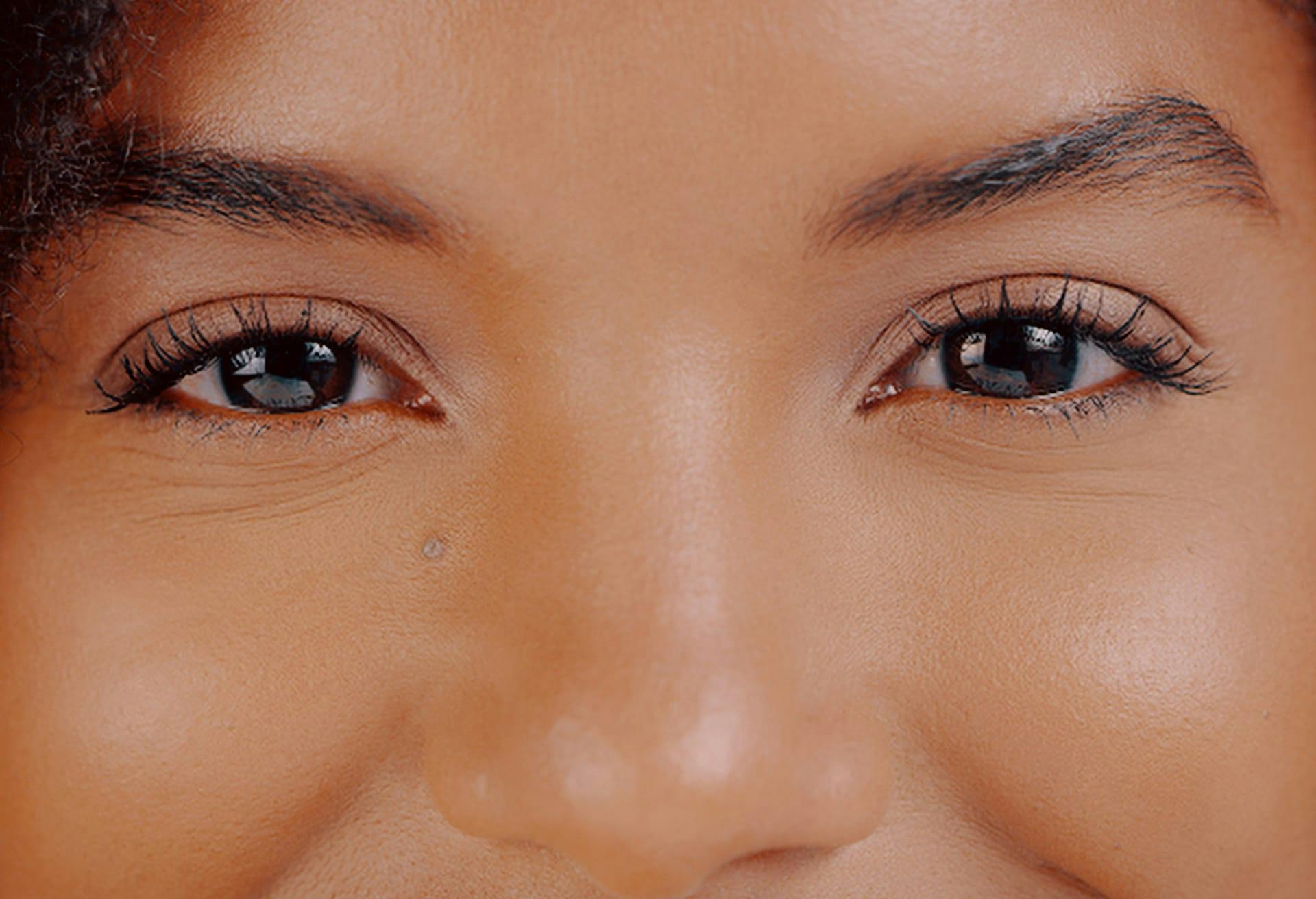Chicago Cornea Consultants is dedicated to introducing the most innovative and advanced technology on the market to our patients. As such, we are one of the few practices in all of Illinois to offer SMILE.
What is the ZEISS ReLEx SMILE procedure?
SMILE (Small Incision Lenticule Extraction) is a type of laser vision correction surgery that uses the VisuMax® femtosecond laser to remove a small piece of tissue from the cornea, correcting refractive errors such as myopia (nearsightedness) and astigmatism. The procedure is minimally invasive and does not require the creation of a corneal flap, as is the case with LASIK.
How does SMILE work?
During the ZEISS ReLEx SMILE procedure, the VisuMax® femtosecond laser creates a small incision in the cornea. A lenticule, or small piece of tissue, is then removed through this incision. This process alters the shape of the cornea, correcting the refractive error. The procedure is typically performed on both eyes and takes approximately 15-30 minutes.
What are the advantages of SMILE?
The SMILE Procedure has several advantages over other laser vision correction surgeries. One of the main benefits is that it is a minimally invasive procedure that does not require the creation of a corneal flap. This means that there is less risk of postoperative dry eye and less discomfort during the healing process.
Another advantage is that SMILE can be used to correct a wider range of refractive errors than other laser vision correction surgeries. This includes higher degrees of myopia and astigmatism, which may not otherwise be treatable.
Finally, SMILE is known for its high degree of accuracy and predictability. This means that patients can have confidence in the results of the procedure and can expect to achieve their desired level of vision correction.
What is the recovery process like?
The recovery process after a SMILE session is typically faster and easier than it is with other laser vision correction surgeries. Most patients are able to return to work and normal activities within a few days. However, it is important to avoid strenuous activities and rubbing the eyes for a few weeks to allow the cornea to heal properly.
Patients may experience some discomfort or mild pain after the procedure, but this can usually be managed with over-the-counter pain medication. Some patients may also experience dry eyes or blurred vision for a few days or weeks after the procedure. Rest assured, these symptoms typically resolve on their own.
What are the potential risks and complications of SMILE?
Like any surgical procedure, there are potential risks and complications associated with SMILE. However, our board-certified practitioners are highly trained and experienced and conduct every procedure with the utmost precision and focus, minimizing the potential for error. Potential risks may include infection, inflammation, corneal haze, and changes in vision. However, these risks are rare and can be minimized by following all post-operative instructions carefully.
Am I a good candidate for SMILE?
The ZEISS ReLEx SMILE procedure is suitable for patients who have myopia or astigmatism and are looking for a minimally invasive and highly accurate laser vision correction option. However, our team will need to conduct a thorough evaluation of your eyes and medical history to determine if SMILE is right for you.
How do I prepare for SMILE?
To prepare for the SMILE procedure, you should avoid wearing soft daily contact lenses for three days prior to the procedure and abstain from wearing hard contact lenses for at least two weeks prior to your session. You should follow all pre-operative instructions provided by your surgeon. This may include avoiding certain medications or foods that could interfere with the procedure.

